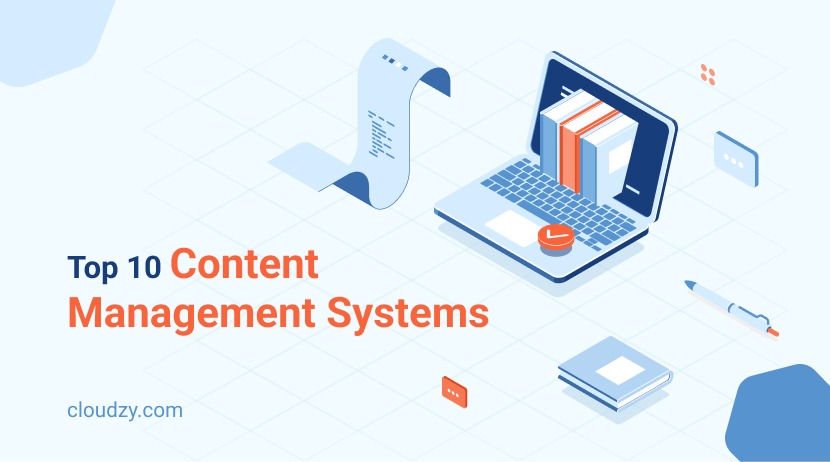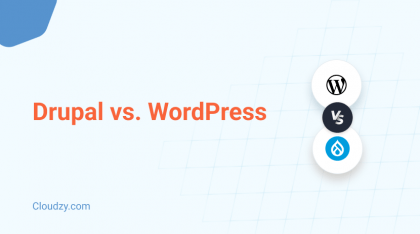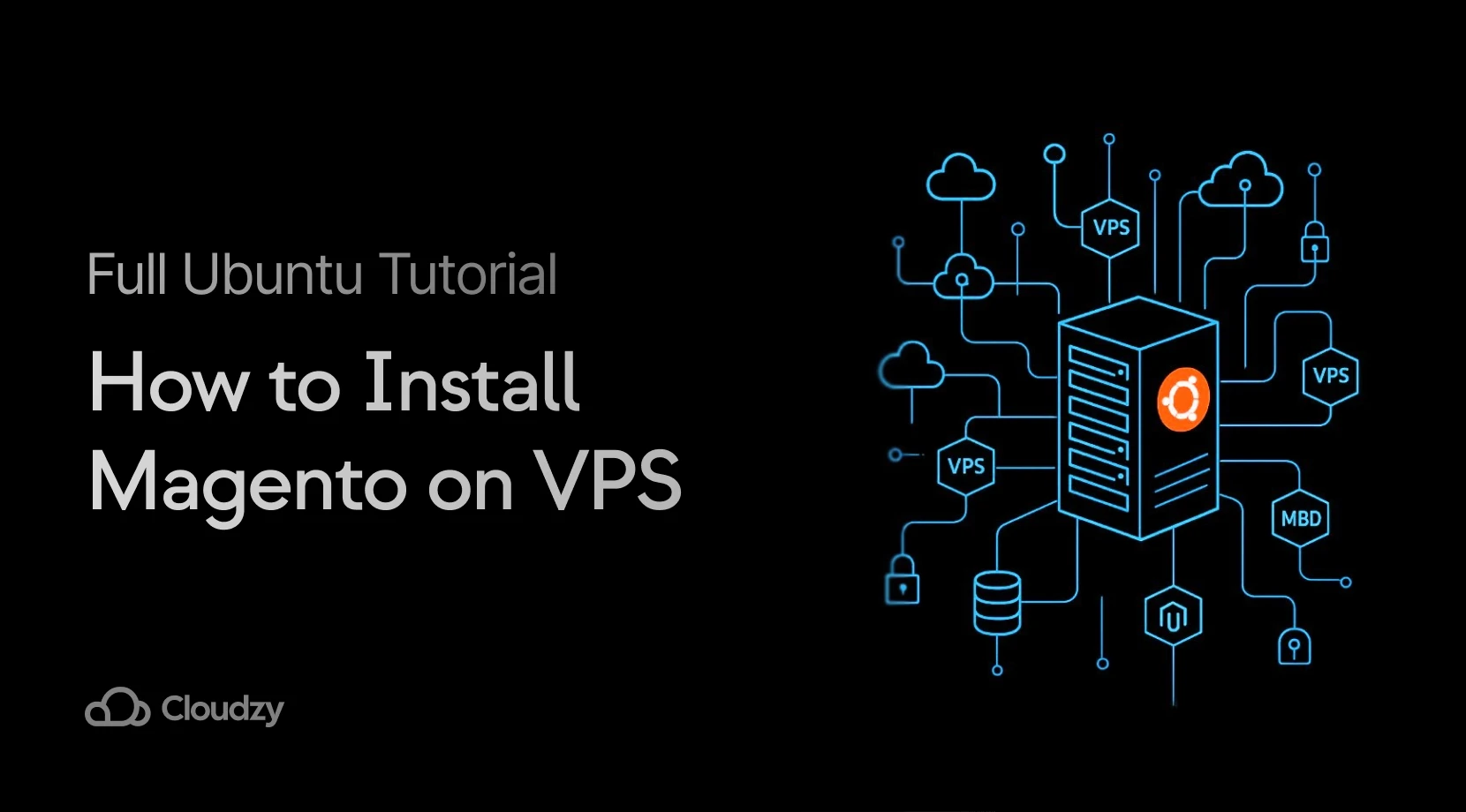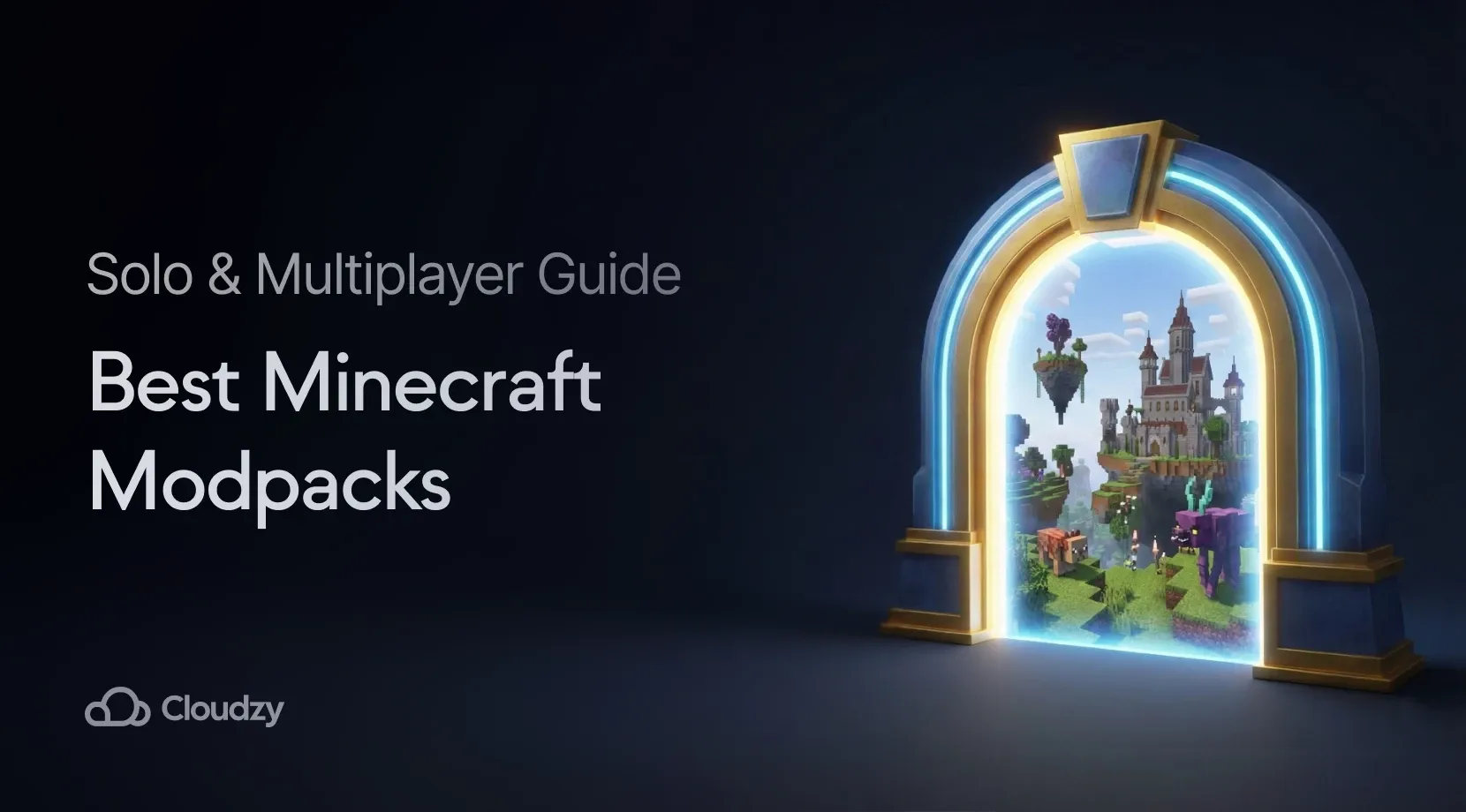Few personal or business brands do not have an online presence in 2024. Nearly every aspect of a business or personal effort is represented in one way or another on the online platform and especially through websites. This surge of online presentations has created a trend for more and more people to also want to represent themselves on the web. One of the most helpful tools in managing your website is a content management system or CMS. But often choosing from the best CMS platforms can be confusing and complex for users who are just learning the ropes. So in this blog, I will provide some basic definitions and criteria that you should know, before moving on to rank what in my opinion is going to be the best CMS systems in 2024.
Note: We understand that everyone has their own preferred way of consuming information, and that’s why we’ve added a voiceover option for this blog post. By clicking the play button below, you can listen to the audio version of this post and enjoy the content in a whole new way. Whether you’re on the go, multitasking, or simply prefer an auditory experience, we’ve got you covered.
What Is a CMS?
Before we get ahead of ourselves and start ranking things that we don’t yet know enough about, let’s discuss what a CMS is. CMS is short for the content management system, and it allows users to import their desired content in different formats and then use the system to efficiently manage, store, and present it to their front-end user base. Let’s say you want to publish a blog post with photos and a single video explaining a particular subject. Here, the CMS will help you with configuring how this load of content is arranged, designed, and displayed.
Some of the best CMS platforms in the world also offer website design through preconfigured tools and templates. There are different types of CMS architecture, namely the Headless CMS and the traditional CMS. Some CMS tools and options also focus more on certain content. For example, a CMS could predominantly be focused on helping its user base with financial content. So, in today’s list of the best CMS platforms, I will try to maximize diversity to represent all sorts of customizable CMS for different needs.
CMS vs Website Builder: What’s the Difference?
First of all, allow me to tell you that a CMS can have a website builder as part of its package and that these two services are not mutually exclusive. With that said, the general difference between a CMS vs website builder is that a CMS is predominantly focused on managing your content and allows for much more diverse configuration and customization. A website builder, on the other hand, focuses on easily allowing you to create the website with a few simple clicks, however, it does not offer that much content management or customization. If all you are focused on is getting a simple, lightweight website with basic functions off the ground, then a website builder is going to do the job.
But as your website content keeps getting more sophisticated, you are going to need a CMS to manage it. Here a website builder is simply not enough and you are going to need services that only one of the best CMS systems can provide.
A VPS is one of the best ways to enjoy both a website builder and one of the best CMS options at the same time while hosting your website on it too! If you are interested and want to learn more, check out the Best VPS Hosting Services for WordPress.
Should I Go for a Headless CMS or Traditional CMS?
The final matter I’m going to cover before moving on to the list of the top 10 best CMS platforms in 2024 is the distinction between a traditional CMS and what has come to be known as a headless CMS. The principal difference between a traditional CMS and headless CMS lies in its architecture. In a normal CMS, the back-end where the content is made and managed and the front-end where it is displayed are mingled with code, so you are limited to one outlet more or less.
In a headless CMS, these two sections are completely separated and are only linked through APIs. APIs are special programs that establish a connection to facilitate the flow and exchange of data between applications and systems. With all your content managed on the back end, you can use the APIs to push your content to as many outlets as you wish, which makes larger operations much easier to manage. Furthermore, a headless CMS allows you to code in whatever programming language you wish, and also allows you to push your content to applications rather than just on websites.
If your content is made to be shared on a single or two websites, then you are going to be fine with a traditional CMS, but as your operation grows into several websites and applications, then a headless CMS is necessary. So in today’s list, I will also include some of the best headless CMS options.
Best CMS Options in 2024
Now without further ado let’s get to ranking the best CMS options of 2024! As I said I will try to make this list diverse enough to represent all sorts of web CMS options for all users to find what they are looking for. Let’s go.
WordPress
There is no doubt that when the conversation shifts to talking about the best CMS options WordPress is always going to be first. According to WordPress itself, nearly 35% of the entire web manages its content via its service, and that’s why it’s number 1 here. WordPress is open-source, which also makes it one of the best free CMS options as well. With a massive legion of plug-ins and add-ons as part of its ecosystem, it is also one of the most customizable CMS systems you can get. WordPress can also be customized and tweaked to be used as one of the best headless CMS options. There is no limit to how diverse and useful WordPress is, it is a jack of all trades, and it’s free for everyone.
Pros
- Incredible diversity to create all sorts of websites
- Easy to use without technical knowledge
- The largest plug-in ecosystem in the world
- Massive online community and online representation
- It’s an Open-source CMS
- Usable as one of the best headless CMS systems
- Easy migration procedure both inwards and outwards
Cons
- No hosting service; you have to find somewhere to get a domain name and host
- Can potentially suffer from performance issues under pressure and if configured poorly
If you are already sold on using WordPress as your go-to customizable CMS, then consider using Cloudzy’s advanced WordPress VPS to host your WordPress-powered website! You can easily host and manage your content as part of a single VPS instance on a server located in one of our 15 global locations, featuring unyielding security, excellent connection quality, diverse billing and payment options, and an ever-present, caring support team to help you host your WordPress website.
Self-host your WordPress on top-tier hardware, featuring NVMe storage and minimal latency around the world — choose your favorite distro. Start Blogging
Start Blogging
Joomla
If for whatever reason WordPress does not float your boat as a CMS, then Joomla is a great alternative as a customizable CMS. Joomla is one of the best free CMS options in 2024, featuring a wide range of plug-ins, templates, and extensions, Similar to WordPress it is also an open-source CMS, and it focuses on enabling more advanced developers who already have some coding knowledge to effectively start pushing their content onto their website. For this reason, Joomla is not the best option if you are an absolute beginner.
It also falls short when it comes to performing as one of the best headless CMS options. Despite these, its flexibility and top-notch performance as a web CMS are enough to redeem it as a decent mid-level CMS and earn it a spot on this list.
Pros
- Covers both complicated and simple websites, flexible and adaptable for all sorts of webpages
- Great for learning some coding while also running your website
- As an open-source CMS, it has a large community and excellent online support
- Great extensions for eCommerce websites
- One of the best free CMS options
Cons
- Complex CMS tools for beginners
- Some compatibility issues with plug-ins and add-ons
Drupal
Keeping up with the trend of introducing great open-source CMS systems, Drupal is our next entry on the list. Drupal is one of the oldest and most reputable customizable CMS options out there, with its original release dating back to 2001, making it older than WordPress. As a web CMS, Drupal’s principal focus is on security. It is known to have one of the best security performances as part of its base version. Much like our two previous entries on the list, Drupal is also one of the best free CMS systems you can get.
With that said, Drupal has limited room for extensions and it also has a tough learning curve, which makes it tough on beginners. Still, it offers one of the best loading speeds out there. In short, Drupal is a tough-to-learn CMS, with an emphasis on performance and security, that requires some coding knowledge to operate and can carry really large and demanding websites with ease.
Pros
- Diverse support for all sorts of content
- Excellent security
- Top-notch performance when running large and complex websites
- Good online community and decent online representation
- Good environment for adding employees with specific roles to run the website
- A great open-source CMS
Cons
- Difficult to learn
- Lack of diverse extensions
Wix
Wix originally started as a website builder as opposed to a CMS, which sparked a lot of CMS vs website builder discussions online. Now however after several years of development it has enough content management features to qualify as a CMS, and one of the best too. This allows beginner users to quickly design their website through drag-and-drop features and start pushing content out right away. Wix does offer a premium plan, and the hosting is also left to the user. But Wix is not an open-source CMS, and it certainly has nowhere near the level of a plug-in ecosystem as other options mentioned so far. So it is not a customizable CMS either.
But if you are a complete beginner and need to get a website with a beautiful design off the ground quickly, then Wix is here to save the day for you. It’s probably the web CMS with the easiest web design process.
Pros
- Incredibly easy drag-and-drop design tool
- A great number of critically designed website templates
- Good App compatibility and has its app market
Cons
- Not good for eCommerce
- No way to export your data
- The free plan will brand your domain with Wix’s name
Shopify
This is the first pick on my list of best CMS options in 2024 that goes in a different direction from what we’ve seen so far. Shopify, as the name suggests, is a web CMS that primarily caters to online shops and retailers. While it is designed for running an eCommerce website, don’t let this make you think that it is a subpar CMS in other fields. It is a full CMS package that is also capable of hosting your website as part of a single package. Shopify is not only great for online businesses, but its analytics and inventory management tools make it a great option to also manage your physical store as part of your online website. Shopify also allows you to integrate great and diverse payment gateways as part of your online business website.
However, Shopify only offers a free trial for three days, and after that, you have to pay a monthly subscription, it is also not an open-source CMS.
Pros
- Excellent for online shops and retailing
- A great number of extensions, templates, and themes
- Great for dropshipping
- 24/7 online support for all subscribers
- Great payment options
Cons
- Can get pricey fast
- Limited content management tools and functionality
Magento
If Shopify was not the eCommerce CMS that you were looking for, then Magento should do the trick for you. Magento comes in two different variations. First is the official Adobe release which is an enterprise CMS and needs a subscription fee to run. The other however is one of the best free CMS eCommerce options, known as Magento Open Source. The principal difference between these two is not in the technicalities or features of the CMS, but in the fact that the official Adobe version comes with hosting and 24/7 tech support, while the open-source CMS does not. With that said, considering that Shopify is not open-source, Magento’s free version is probably one of the best free CMS options with a focus on retail.
Magento comes with a vast plug-in ecosystem, advanced marketing tools, SEO and sales analytics, and a great level of flexibility which makes it a customizable CMS.
Pros
- Highly configurable to make it as tailored to your online shop as possible
- Great for larger online sales operations
- Support for tons of payment options and gateways
Cons
- The official version is really expensive
- Complex if you’re new to eCommerce
If you are looking to host and run your own Magento instance on a secure and fast VPS server, Cloudzy also offers a Magento VPS, preconfigured and tailored for your eCommerce needs, and with all the benefits mentioned for the WordPress VPS as well!
Benefit from our affordable VPS hosting for various use-cases, including hosting websites or games, trading, remote desktop server, and app development & testing. High-performance VPS hosting with low pricing
High-performance VPS hosting with low pricing
Ghost
Ghost is here as one of the first entries that can be classified as a pure headless CMS. Ghost is not only one of the best headless CMS options, but it also does so while being focused primarily on the blogger community. So if you have or are thinking about starting a large blogging operation featuring many different presentation layers, then Ghost is definitely for you. Ghost is great in letting you write original blogs and augment them with needed SEO improvements and additional visual and motion content. These will then be compiled in a back-end and you can use different APIs to quickly push them to your different front-ends, such as websites, apps, software, etc.
Ghost is not purely for bloggers though, and it is quite capable of being one of the best headless CMS systems on its own for other uses.
Pros
- Great text content tools
- Excellent SEO tools and analytics
- Great for premium blogging and setting up paywalls
- Excellent API support
- One of the Best headless CMS systems
- It’s a free CMS, rare for Headless CMS systems
Cons
- Not as diverse or flexible as WordPress
- Can be complicated for newer users who want to use it for non-blogging tasks
Webflow
Webflow is another unique CMS option based on the fact that it does not feature a single line of code anywhere for the user to bother with. Instead, it takes it upon itself to fully cover every single modification that a user may need as part of its preconfigured content management options. The UI is also designed with utility in mind. Whereas Wix also does not feature codes and is beginner-friendly, it has nowhere near the level of detail and flexibility that Webflow has to offer.
Another key advantage of Webflow is its advanced SEO section that allows you to analyze your positioning on different search engines and improve your pace on the index via best practices. While building the website and managing your content is free, hosting it on the same platform costs money. Webflow is also not open-source, still, it is good enough to be considered one of the best CMS systems in 2024.
Pros
- One of the best free CMS options for beginners
- Great SEO optimization tools
- The paid plans are not that expensive
- You can host on the same platform
- Simple UI for beginners
- Great content editor tools
Cons
- Lack of diverse extensions and add-ons
- You can’t use coding as an advanced developer to make changes
Squarespace
In 2024, Squarespace continues to stand out as a leading CMS. It offers sophistication and simplicity both at the same time. That’s why Squarespace suits a wide range of users, from small business owners to individual content creators. With its user-friendly interface and an impressive array of customizable templates, Squarespace makes it effortless to create a professional-looking website without the need for extensive coding knowledge, so it can be considered a no-code CMS. It also has an integrated suite of tools that covers everything from e-commerce and marketing to analytics and provides a comprehensive platform for digital presence management.
Pros:
- Intuitive drag-and-drop interface
- Comprehensive built-in features
- 24/7 customer support
- Free SSL certificate
Cons:
- Doesn’t offer a free version
- Switching templates is not possible in the new version
TextPattern
If you are looking for a simple, text-based, straightforward CMS, then TextPattern is the one you are looking for. TextPattern, focused mainly on your text content, is a great CMS option for bloggers and independent journalists. TextPattern also has a long development cycle dating back to 2003. Therefore, it has a credible ecosystem of text related plug-ins and extensions, as well as advanced SEO optimization tools.
TextPattern is one of the best free CMS systems with an emphasis on text, and its standing as an open-source CMS makes it ideal for bloggers and businesses looking to start a blog section to promote their brand.
Pros
- A great number of extensions and add-ons
- Excellent categorization and organizational features
- The best CMS for text-based content
- Excellent for pushing your content to different RSS feeds
- Great text SEO service
Cons
- Difficult installation and setup
- Small audience and poor online documentation
- Not great for non-text content management
TYPO3
TYPO3 is the last pick in this list, so I thought it is appropriate to close the list with another option that can be considered as a jack of all trades, similar to Drupal and WordPress. TYPO3 is one of the oldest CMS systems on the web, dating back to 1998. TYPO3 is another candidate to be considered as one of the best free CMS platforms with an open-source CMS approach. TYPO3 uniquely offers a lot of features for internal company sites, which makes it for businesses who want a small, well-organized internal management website with an easy content flow. Similar to TextPattern, the 25-year presence of TYPO3 on the web has led to a lot of credible extensions and plug-ins being available for it as well. All in all, if Joomla, WordPress, and Drupal weren’t your cup of tea, TYPO3 is a great alternative.
Pros
- Great for running larger websites
- Has a browser extension
- Great role modification and access level options for businesses
- Over 5000 available extensions
- Great for internal company sites
Cons
- Technically demanding
- Resource intensive
- Not that many design options and themes
Bonus
If you are not satisfied with non of these options, I encourage you to check out Craft CMS. An open-source powered all-in-one CMS, with highly active community for your needs. Cloudzy’s Craft CMS hosting, is a go to solution for all web admins and content publishers who are willing to manage their website with Craft CMS.
Integrating CMS With AI
The advent of AI has pushed every technology niche to integrate with artificial intelligence and CMS platforms are not an exception. Integrating AI with CMS platforms can directly affect how we manage content, how we deliver it, and how we make sense of our data and analytics.
To talk about AI and CMS platforms, let’s start with WordPress. The company that owns WordPress, Automattic, has developed a set of tools called Jetpack. Jetpack offers an AI assistant that integrates perfectly with WordPress. Jetpack AI is great for automating mundane content management tasks. With this AI tool, you can make forms, lists, and tables for your blog posts. Imagine, you want to make a registration form for an academic event, and you need a dropdown list with the names of all the high-ranking universities in the country. The research process and the creation of this list can take you hours, but Jetpack AI can automatically create this list for you in less than a minute. It can also create engaging titles for your posts, translate your texts to other languages, and give you useful insights to enhance your drafts.
WordPress is not the only CMS platform that has started using AI. Another good example of this integration is Wix Artificial Design Intelligence or ADI. You can give Wix ADI descriptions of how you want your website to look like and it will design your website based on your preferences.
These are just a few examples of how AI can be used in the content management process for more efficiency and better performance. Considering the rapid growth of AI, more and more CMS platforms will probably start integrating their services with it.
Benefit from our affordable VPS hosting for various use-cases, including hosting websites or games, trading, remote desktop server, and app development & testing. High-performance VPS hosting with low pricing
High-performance VPS hosting with low pricing
Conclusion
This blog post reviewed the best CMS options in 2024 to give you useful insights and information about these platforms. We also talked about how AI can change the flow of content management and facilitate different tasks.
FAQ
What Are the Most Commonly Used CMS Platforms?
WordPress is by far the most commonly used CMS in the world. It is followed by other options like Joomla, and Drupal.
What Is the Best CMS for Beginners?
Wix and Webflow are probably two of the easiest CMS platforms to learn and master for beginners, but once again, WordPress deserves a mention here too.
What Is the Best CMS in 2024?
All the mentioned cases in today’s list of the best CMS platforms in 2024 are great, however, it is tough to argue that WordPress remains the undisputed king of the CMS world like the previous years.
Which CMS Is the Fastest?
If speed is your priority, then both Joomla and Drupal are known for their exceptional performance when running heavy websites as well as their general loading speeds.





